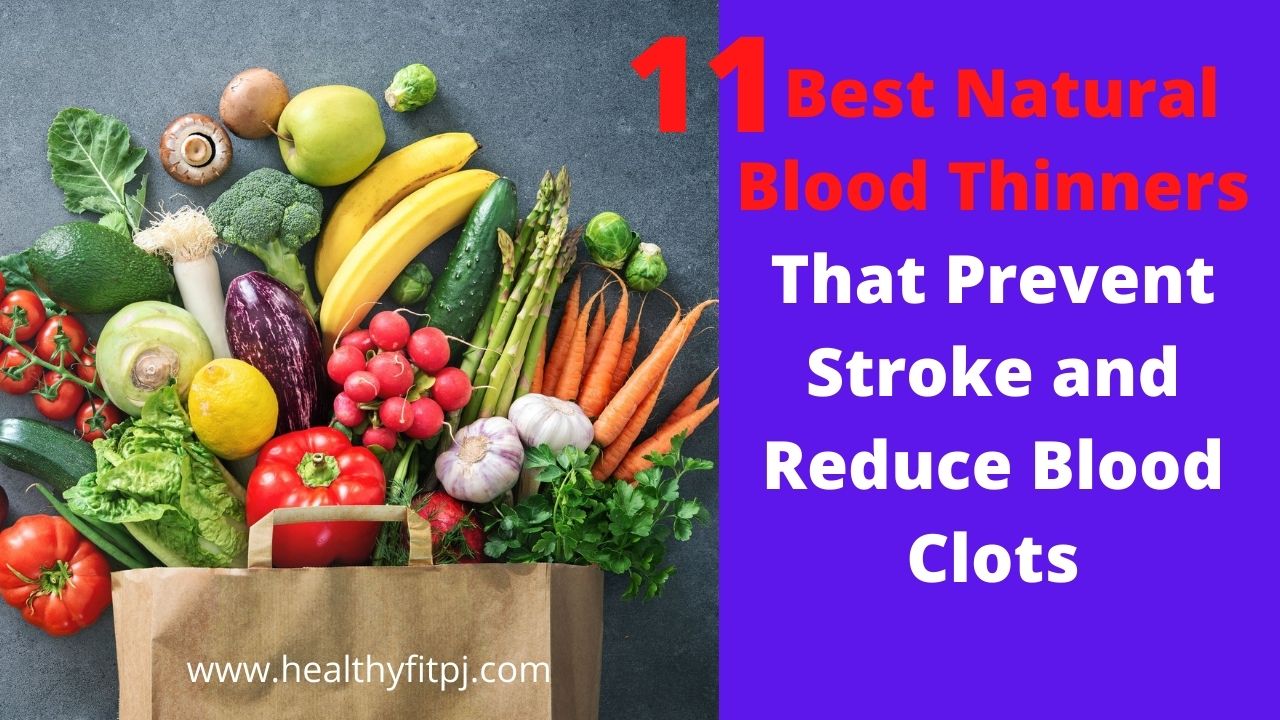If you’re wandering to know the best natural blood thinners then, here are 11 best foods that may prevent stroke and reduce blood clots.
However, if you have certain medical conditions, like congenital heart defects or irregular heart rhythm that may require blood thinning foods or medications to reduce the risk of stroke and heart attack.
Here are the best foods that make you live healthy and keep you away from the disease, and also help you in lowering the risk of clotting from injury or cut, and can also prevent stroke.
However, you may want to talk to a doctor about the below natural ingredients that have been shown to help thin the blood. Remember never take these natural remedies instead of blood thinning medications without talking to your doctor.
Important note: Natural blood thinners are substances that may reduce the blood’s ability to form clots. If blood can clot too much that can be dangerous.
- Also Read : How Long Does Raw Chicken Last in the Fridge? – HealthyFitPj
- Also Read : How to Get Rid of Man Boobs – 5 Best Exercise for Getting Rid of Man Boobs
Table of Contents
11 Best Natural Blood Thinners
Here are 11 natural ingredients that may help you in lowering the risk of clotting from the injury and also prevent stroke.
01. Ginger

Ginger is an anti-inflammatory spice that may help stop blood cutting, also it contains a natural chemical called salicylate. Acetylsalicylic acid is derived from salicylate and usually called aspirin that helps in preventing heart attack and stroke.
However, natural salicylates are effective as medications (blood-thinning).
02. Turmeric

People have long used turmeric for medicinal purposes, because it has active ingredient curcumin that has anti-inflammatory and blood thinning properties, and also the curcumin acts as an anticoagulant.
Turmeric gives a yellow color to curry dishes, and it works well to clotting factors, to prevent clots from forming.
03. Garlic

Garlic is best that often gives desirable taste in cooking and food, and it also has natural antibiotic and antimicrobial properties. Some research shows that it helps to reduce blood clot formation and it may thin the blood.
04. Cinnamon

Cinnamon and cassia, both contain coumarin, and it’s used in certain drugs and blood-thinning drugs, it acts as a powerful anticoagulant.
Cinnamon and cassia also lower your blood pressure and relieve inflammation causes. Chinese cinnamon cassia contains much higher amounts of coumarin, so it’s a great idea to take a small amount of cinnamon in your diet.
05. Cayenne Peppers
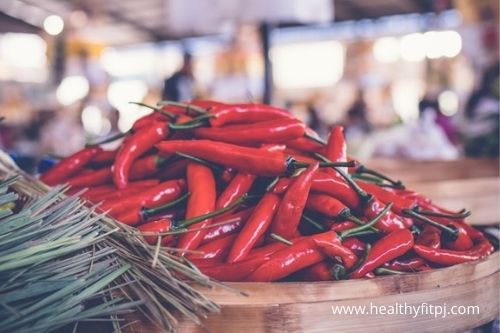
Cayenne peppers also have powerful blood-thinning agents, because of high levels of salicylates. Cayenne peppers are a bit spicy, but most people can be taken in capsule form and can be mixed with your food.
It also has other benefits including increasing circulation, reducing pain sensations and lowering blood pressure.
06. Foods Rich in Vitamin E
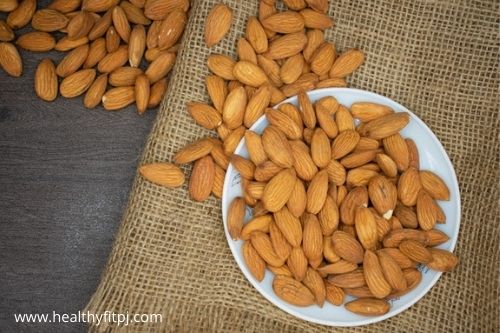
Vitamin E also reduces the blood clotting in a different way, and this will depend on how much vitamin E that person takes. It is also known to lower the risk of heart disease because it has blood thinning properties.
Most of the studies show that you shouldn’t take doses of vitamin E if you’re already taking blood-thinning drugs.
Its best idea to take vitamin E from food instead of taking supplements, here are certain foods that contains vitamin E:
- Sunflower oil
- Almonds
- Walnuts
- Spinach
- Avocados
- Sweet potatoes
- Whole grains
- Wheat germ oil
07. Salmon

Salmon is a food that is high in omega-3 fatty acid and one of the best blood thinning foods. It also helps lower the cholesterol level in your body.
Salmon also reduce the risk of clotting from the injury or cut.
08. Feverfew
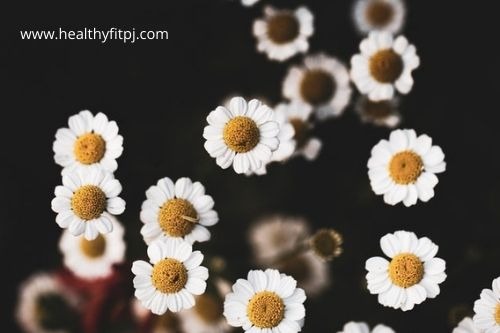
Feverfew is the best medicinal herb from the family called Asteraceae or daisies. Many people take feverfew for digestive disorders, fever and migraines.
It also acts as a blood thinner and prevents blood clotting. It is available in liquid form and capsule form.
09. Bromelain
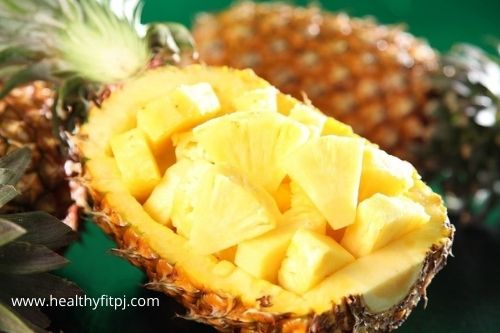
Bromelain is an enzyme that people extract from the pineapples, it is a very effective remedy for high blood pressure and cardiovascular diseases. Research shows that bromelain can reduce blood clots formation, break down blood clots and can thin the blood.
It is available in supplement form.
10. Dong Quai
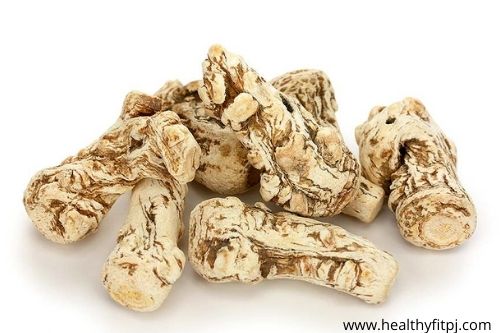
Dong Quai is a traditional Chinese herb that may help you in reducing blood clotting and known as female ginseng.
Dong Quai also contains coumarin that will help you in thinning the blood and it can be consumed as a part of herb tea or soup.
11. Red Wine

Many health experts and nutritionists suggest that drinking a glass of red wine every day may have many health benefits including preventing heart diseases.
Red wines have properties that help in blood thinning and preventing stroke. Make sure that you stick to only one glass a day.
QNA on Natural Blood Thinners
How Do You Know if You Have a Blood Clot?
If your blood is clotting you can see some symptoms including swelling, redness, warmth in a leg or arm, throbbing or cramping.
If you feel sharp chest pain and cough or coughing up blood.
Can Drinking Water Thin Your Blood?
The short answer is YES, water helps to thin the blood and which makes less to form clots. But make sure that you’re drinking water throughout the day to keep your blood thinner.
Some people drink water in the morning about 1 or 2 liters and the entire day they will not drink this will don’t have any benefits, start with a 1 or 2 glass of water in the morning and drink throughout the day.
Does Lemon Juice Thin Your Blood?
Lemon Juice never thin your blood and lose your weight. Lemon or lemon juice is good for brushing your teeth after eating. Drinking lemon juice after your meals can be beneficial.
The Bottom Line
Many natural herbs may reduce the clotting of blood and are effective as blood thinning medications. If you’re facing blood clots you should avoid these herbs and take prescription medications.
If you’re consuming natural herbs with prescription medications, they can make your blood thin and increase the chances of bleeding. Natural remedies also decrease the effectiveness of your medications.
Always consult your doctor about using these natural remedies because that could have an effect on your health.
Hopefully, you like this article, if you have any question and suggestion kindly put them in the comment box below.
Note: this article information is not scientifically proven, this is only for informational purposes.
You’ll also like:
- How to Get Your Taste and Smell Back After COVID-19
- 7 Ways to Lose weight with Lipedema – Symptoms, Best Diet for Lipedema
- Clonidine for Sleep – it’s Uses, Side Effects and its Alternatives
- Male Body Types – The Ultimate Guide for Men’s Body Types
- 17 Foods That Build Your Immune System to Fight Covid-19
